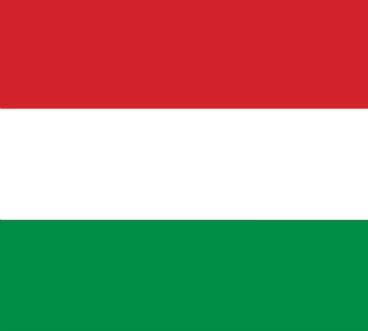After reading through Hungary’s complex electoral law this winter, a Hungarian scholar concluded that if he did not yet fully comprehend the mechanics of Hungary’s leap to democracy, at least he understood why it had to have been a Hungarian who invented the Rubik’s cube. The law was a product of Hungary’s first democratic exercise, the roundtable among the ruling Socialist Party, its allied social organizations, and the major opposition parties which together mapped out the transition to a multi-party system. It represented the first of many compromises Hungarian political leaders have made and will continue to make in the transition to democracy.
Common wisdom holds that unlike the situation in other countries in the region, Hungary’s reform was masterminded by the ruling Socialist Party. Yet the issues at stake in this election underlined the essential role of the opposition in the 1970s and 1980s in setting the agenda for Hungary’s journey to democracy. If massive street demonstrations did not force the ruling party to bend, unrelenting discussion of Hungary’s future among the Democratic Opposition, and its sustained impact on public opinion, did. During the past two years, reform-oriented Socialist Party leaders have hustled to get to the right side of the issues, and they have consequently found themselves playing the incongruous role of morticians for the ruling party they helped to nurture.
One of the most remarkable transformations to be witnessed in Hungary over the past year was the new political engagement of people who had associated politics with dirty business all their lives. Candidates who entered the campaign with some ambivalence about the corrupting power of politics quickly shifted their attitudes. Voters who had been forced to participate in electoral charades in the past, or subjected as one Free Democratic representative put it, “to a life of unrelenting Communist Party campaigning,” felt that their vote could make a difference this time. Yet some voters who had been forced to participate in electoral charades in the past, or subjected as one Free Democratic representative put it, “to a life of unrelenting Communist Party campaigning,” felt that their vote could make a difference this time. Yet some voters objected bitterly to the divisive nature of the campaign, which they attributed to the “arrogance” of the vying parties. At a time when the country needed to pull together, they felt, the parties were tearing communities apart in the run-up to elections.
Yet by the time election day arrived, the parties were pulling together after all. The major parties participated in orchestrating the country’s transition with the current government. Rival party representatives staffed local electoral commissions, and worked together elbow-to-elbow to inform voters of procedures and collect and count the votes. The bitterness and personal acrimony between leaders of Hungary’s two leading opposition parties, the Hungarian Democratic Forum and Alliance of Free Democrats, melted away — at least for election day melted away — at least for election day.





